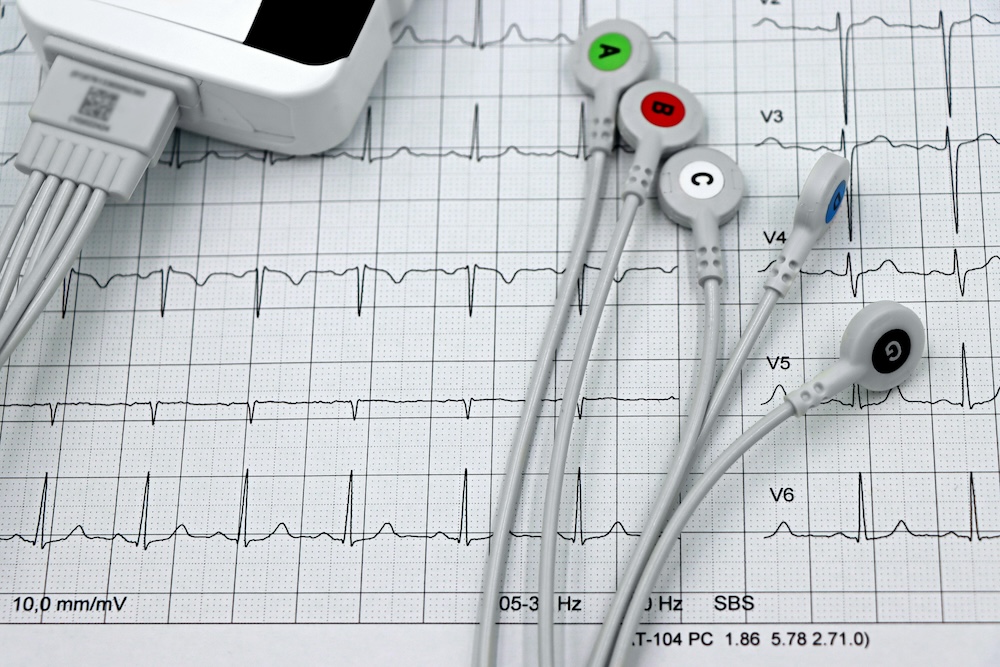Introduction
Falls are a common problem for the elderly people. It is important to recognize this problem as it may lead to Head Injury (especially bleeding in the brain) and bodily injury (fracture of bone). Thus, falls are a potentially life-threatening condition.
Patients with falls are advised to immediately consult the Neurologist.
What are the causes of falls?
Brain Disorders
Brain disorders are the most common cause of falls. This is simply because the brain controls the movement of the human being.
The brain disorders that can lead to falls are Brain cancer, Stroke, Head Injury and Degenerative brain disorders such as Parkinsonism.
Ear Disorders
Blurring of vision due to any medical condition (e.g. cataract) can cause falls.
Dizziness
Dizziness, due to any reason, can lead to falls (this has been discussed in Article 2).
Environmental Factor
Falls are commonly caused by environmental factors such as dim light and slippery floor.
What will the Neurologist do for patients with falls?
The Neurologist will perform physical examination, blood tests, CT / MRI brain scan, heart scan (Echocardiogram), Holter study (recording of heart rhythm) and other relevant tests. Some patients may need to be referred to the Cardiologist (heart specialist).

The Cardiologist uses Electrocardiogram to determine whether there is any abnormal heart rhythm that has caused the fall.
** Image by rawpixel.com on Freepik
** Photo by Marta Branco

